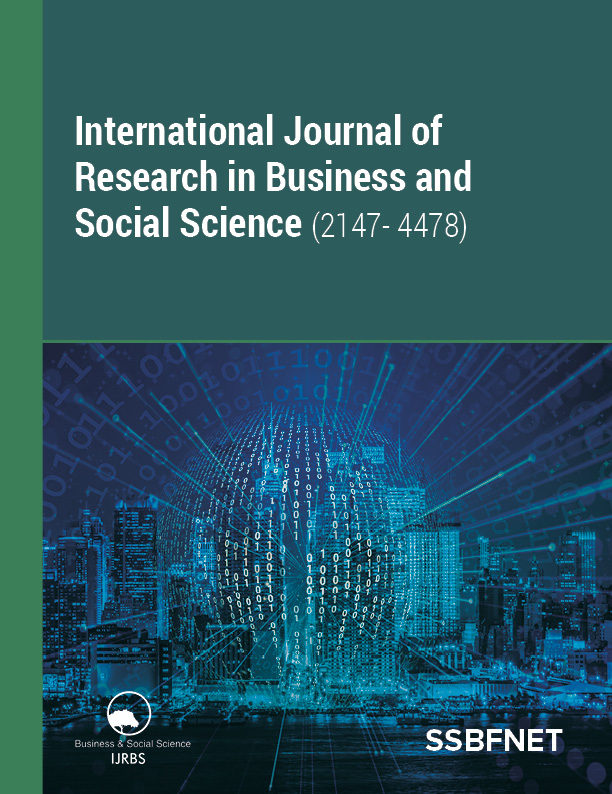
International Journal of Research in Business and Social Science
Yazarlar: Evangelos Vasileiou
Konular:
Anahtar Kelimeler:Political Stability Financial Crisis EU Inequalities Immigration Policy Economic Growth Health & Education
Özet: This paper tries to examine in detail political stability in the European Union’s (EU) countries during the period 2002-12. Firstly, it examines the causality relationship between political stability and economic growth, which is an issue that has puzzled scholars for decades. Using the Granger causality test the empirical findings suggest that in the case of the EU’s countries, causality is one directional, moving from political stability to economic growth. Secondly, it examines the factors that affect political stability. Using the fixed effects panel data model, we may suggest that the long term recession, the increased unemployment ratios and the high levels of inflation significantly threaten political stability. However, there are other factors that are not exclusively due to economics, such as transparency, public health care, education etc., which may significantly reduce the previously mentioned consequences. Finally, this study suggests some reforms of the EU’s regulation according to the migration policy that may smooth social and humanitarian disparities.